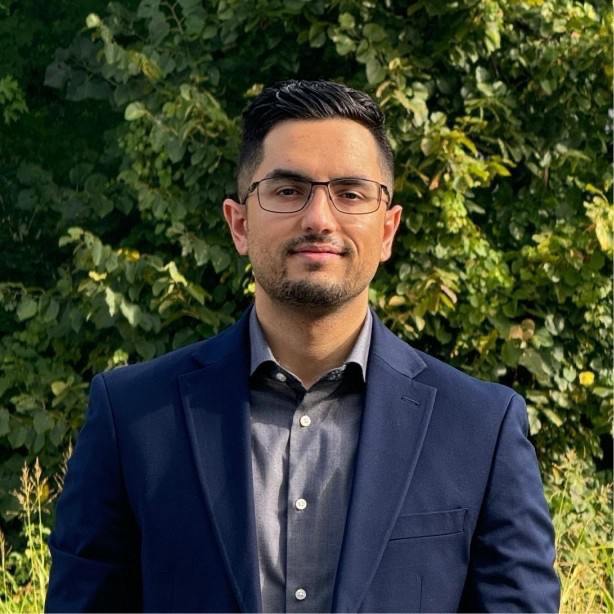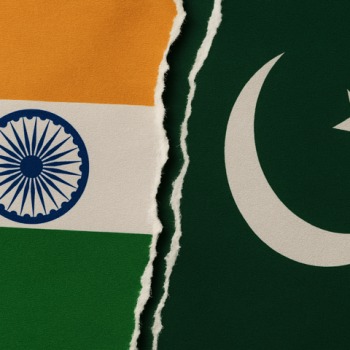As we mark one year since the brutal October 7 attacks by Hamas, it is essential to reflect on the profound human cost of this ongoing conflict. The Hamas attacks claimed 1,230 lives and left over 230 individuals taken hostage. In retaliation, Israel launched a brutal military campaign resulting in over 41,000 deaths, many of whom were innocent children.
As a Muslim, I unequivocally condemn Hamas’ extremism. Their brutal actions neither represents Islam nor the Palestinian people, the vast majority of whom long for peace and justice. However, the Israeli government’s response—characterized by the deliberate bombing of civilian areas, including schools, hospitals, refugee camps and homes—cannot be justified as self-defense. While nations have the right to defend their citizens against legitimate threats, targeting innocent civilians is a war crime.
The Islamic Imperative of Justice
The Quran’s teachings emphasize justice, especially in times of conflict. In Surah Al-Ma’idah (5:9), Allah instructs believers, “Let not a people’s enmity incite you to act otherwise than with justice.” This directive reminds us that violence against innocents can neither be perpetrated nor be excused, regardless of the circumstances. Each life lost is a tragedy, and the Qur’an underscores this principle in Surah Al-Ma’idah (5:33), not only stating, “whosoever killed a person — unless it be for killing a person or for creating disorder in the land — it shall be as if he had killed all mankind.” but reminding the reader that this was originally a commandment to the children of Israel, because the verse begins with “On account of this, We prescribed for the children of Israel…” The “this” in question is the historic injustice of Cain killing Abel. Indeed, this principle is in the Torah, where it is written, “Whoever saves a single life is considered by scripture to have saved the whole world” (Mishnah Sanhedrin 4:5). This shared wisdom across faiths reminds us that the sanctity of life is a universal value, transcending religious boundaries. Together, these teachings call for justice and compassion, urging us to protect innocent lives at all times.
Critiques of Israel’s military strategy have surfaced, particularly the concept of “de-escalation through escalation.” This approach is not a legitimate form of self-defense; it reflects a troubling commitment to offensive actions disguised as efforts to restore peace. Such rhetoric often ignores the underlying injustices that perpetuate suffering. Reports from major news outlets depict the grim reality of overwhelmed hospitals and burning refugee camps, highlighting that these sites are not military targets but homes and sanctuaries.
The Path to Lasting Peace
As we confront this ongoing tragedy, we must ask ourselves what true justice means. It cannot be defined by retaliation without restraint or by neglecting one side’s suffering in favor of the other. True justice demands accountability from all parties involved, not just from adversaries.
His Holiness Hazrat Mirza Masroor Ahmad, the worldwide head of the Ahmadiyya Muslim Community, has long advocated for peace, warning that injustice and oppression lead to destruction. In a 2012 address at Capitol Hill, His Holiness cautioned that without attention to the deteriorating global situation, the world risks descending into a catastrophic conflict. Today, the flames of violence threaten to engulf us all, serving as a stark reminder of the urgent need for justice.
The plea for justice I made a year ago remains unchanged. Without justice, the cycle of violence will persist, and future generations will look back on this time with regret, recognizing a world that failed to act in the face of injustice. The ongoing conflict underscores the necessity of addressing the needs of both Israeli families grieving lost loved ones and Palestinians whose lives have been irrevocably altered by this turmoil.
A Collective Responsibility
In Islam, the concept of Ummah, or community, emphasizes our collective responsibility to address injustices. The Prophet Muhammad (peace be upon him) taught that “Whoever among you sees an evil must change it with his hand; if he is not able to, then with his tongue; and if he is not able to, then with his heart.” This powerful Hadith calls us to not only feel compassion but to actively combat suffering and injustice.














